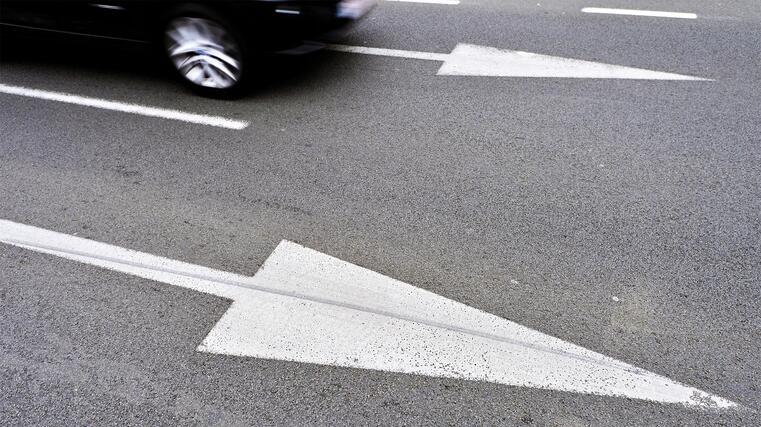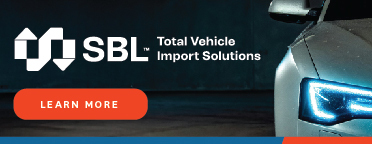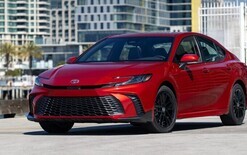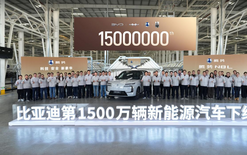Call to help boost EV demand

An industry association is calling on European Union (EU) members to introduce urgent relief measures before new carbon dioxide (CO2) emissions targets for cars and vans come into effect in 2025.
The plea from the European Automobile Manufacturers’ Association (ACEA) comes as it warns the shrinking market share for battery electric vehicles (BEVs) in the EU is a worrying signal for industry and policymakers.
It notes the European automotive industry supports the Paris Agreement and the EU’s 2050 transport decarbonisation targets and has invested in electrification to bring vehicles to market.
However, the ACEA states vehicle technology and the availability of zero-emissions vehicles are not bottlenecks.
“We are playing our part in this transition, but unfortunately, the other necessary elements for this systemic shift are not in place,” it says. “An aggravating factor is the rapid erosion of the EU’s competitiveness.”
It adds that recent EU car registration data confirms the EV market is on a “continual downward trajectory”.
ACEA’s board says the EU is missing conditions to reach the necessary boost in production and adoption of zero-emissions vehicles.
These include charging and hydrogen refilling infrastructure, a competitive manufacturing environment, affordable green energy, purchase and tax incentives, and a secure supply of raw materials, hydrogen and batteries.
“Economic growth, consumer acceptance, and trust in infrastructure have not developed sufficiently either,” the board continues.
“As a result, the zero-emission transition is highly challenging, with concerns about meeting the 2025 CO2 emission reduction targets for cars and vans on the rise.
“The current rules do not account for the profound shift in the geopolitical and economic climate over the past years and the law’s inherent inability to adjust for real-world developments further erodes the competitiveness of the sector.
“This raises the daunting prospect of either multibillion-euro fines, which could otherwise be invested in the zero-emission transition, or unnecessary production cuts, job losses, and a weakened European supply and value chain at a time when we face fierce competition from other automaking regions.”
ACEA says urgent and meaningful action is needed now to reverse the downward trend, restore EU industry competitiveness and reduce strategic vulnerabilities.
“We stand ready to discuss a package of short-term relief for the 2025 CO2 targets for cars and vans, as well as a fast-track, comprehensive, and robust review of the CO2 regulations for both cars and trucks, plus targeted secondary legislation, to get the zero-emission transition firmly on track and secure Europe’s industrial future.”





